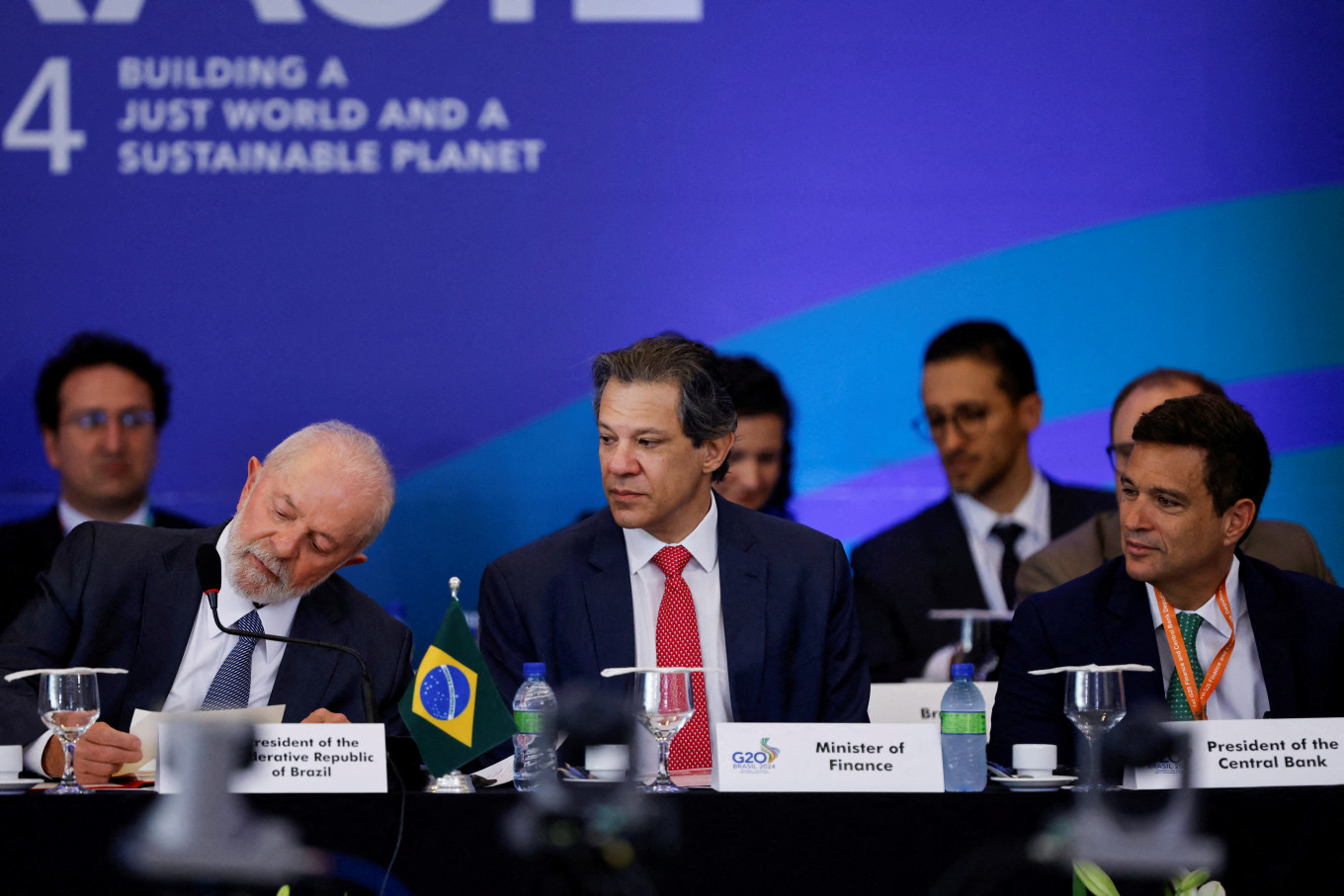After missing the June 30 deadline, nations are looking to a Group of 20 finance leaders meeting this week for progress on a delayed plan to reallocate taxing rights on large multinational firms
The objective of the “Pillar 1” agreement, which is a component of a 2021 global two-part tax agreement, is to supplant unilateral digital services taxes (DSTs) on U.S. tech giants such as Alphabet’s Google, Amazon.com, and Apple with a new mechanism that distributes taxing rights among a broader, global group of companies.
The negotiations are fraught with significant risks. If final terms are not reached, several countries may reimpose their taxes on U.S. technology titans and face punitive duties on billions of dollars in exports to the United States.
The United States still needs to implement tariffs, even though standstill agreements that suspended threatened trade retaliation against seven countries — Austria, Britain, France, India, Italy, Spain, and Turkey — expired on June 30.
The matter is currently being discussed. An Italian government source stated that European countries were seeking assurances that the U.S. tariffs on approximately $2 billion worth of annual imports, including French Champagne, Italian handbags, and optical lenses, would remain suspended during the ongoing negotiations, which will include the G20 meeting in Rio de Janeiro.
FIRST PRIORITY
A document produced for the G20 meeting by the European Union identifies the completion of the international tax agreement as a “top priority.”
It was stated that the G20 should encourage the countries and jurisdictions involved in the tax deal to “complete discussions on all aspects of Pillar 1, to sign the Multilateral Convention (MLC) by the end of the summer and ratify it as soon as possible.”
Meanwhile, in July, Canada became the eighth nation to implement a unilateral digital services tax. Finance Minister Chrystia Freeland stated that it was “simply not reasonable, not fair” for Canada to “indefinitely put our measures on hold” after the June 30 deadline passed without a Pillar 1 agreement.
The United States maintains that these taxes are discriminatory because they explicitly target the local revenues of U.S. technology firms that dominate the sector.
A spokesperson for the U.S. Treasury stated in response to Canada’s action, “Treasury continues to oppose all tax measures that discriminate against U.S. businesses.” “We urge all nations to complete the work on the Pillar 1 agreement.” We are actively discussing the subsequent measures of the current DST joint statements.
The OECD/G20 negotiations, according to a spokesperson for the U.S. Trade Representative’s office, “provide the most effective approach to confronting the obstacles that the digitalization of the economy presents to the international tax system.”
Smaller organizations were impacted.
At a G7 finance meeting in May, Treasury Secretary Janet Yellen informed Reuters that India and China were impeding the agreement on the alternative transfer-pricing mechanism, “Amount B.”

This mechanism aims to provide tax certainty to thousands of companies that fall below the $20 billion annual revenue threshold for “Amount A” by calculating tax liability objectively. Danielle Rolfes, the president of KPMG’s Washington National Tax Practice, stated this.
“It’s in the interest of all the countries around the table to try to keep it alive,” Rolfes added.
In the aftermath of President Joe Biden’s decision to withdraw from his re-election campaign and the increasing international concern regarding the potential return of Donald Trump to the White House, Yellen will also be confronted with inquiries from her counterparts regarding the continuity of U.S. policy commitments at the G20 meeting in Rio de Janeiro.



